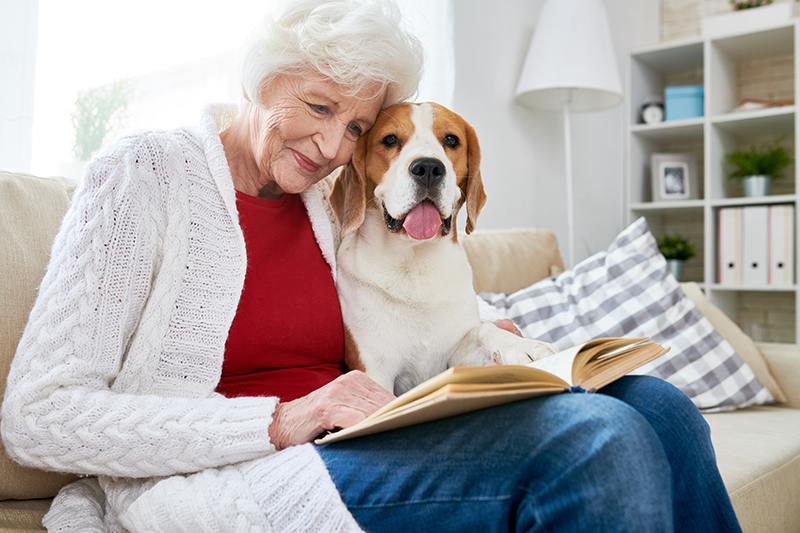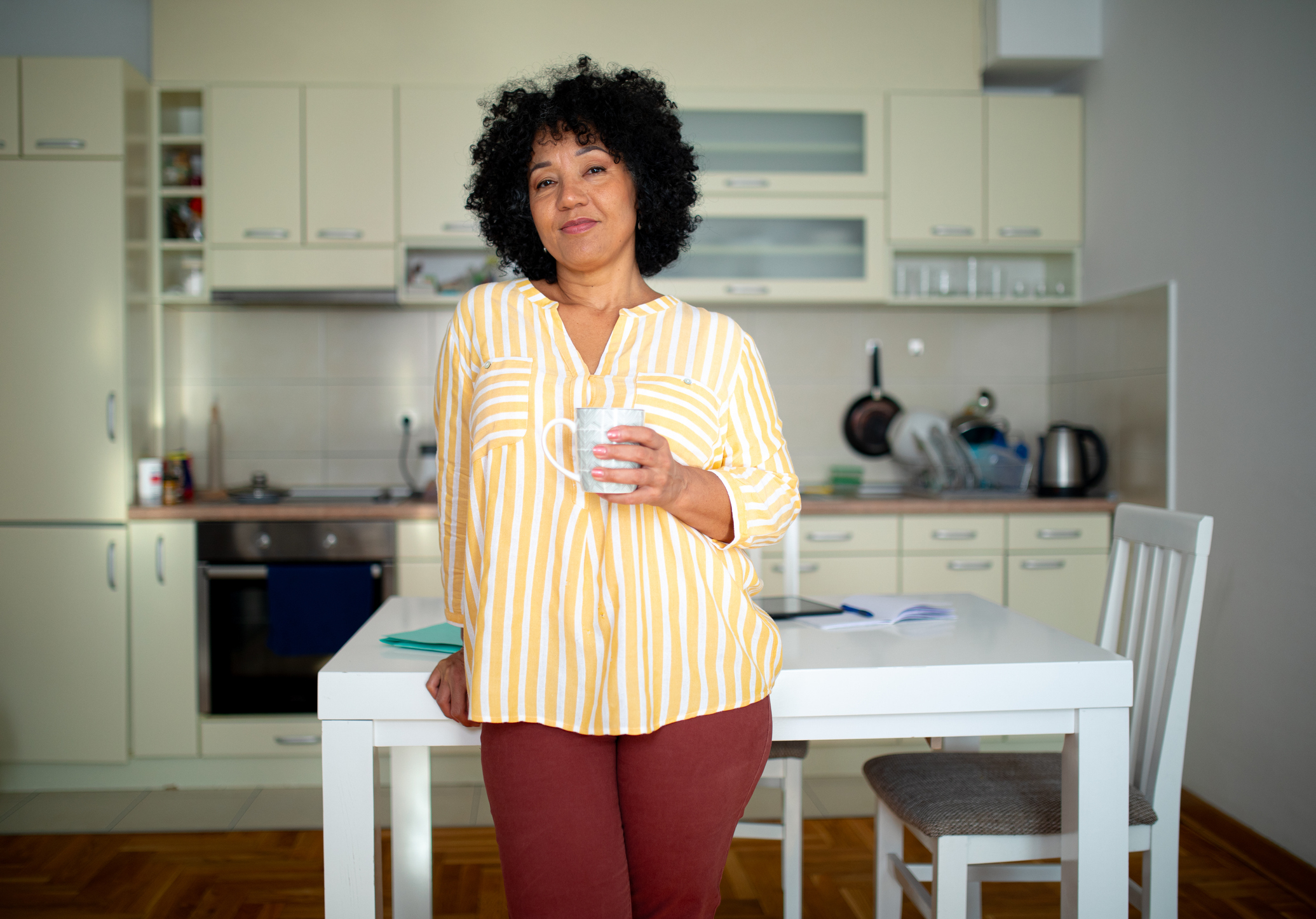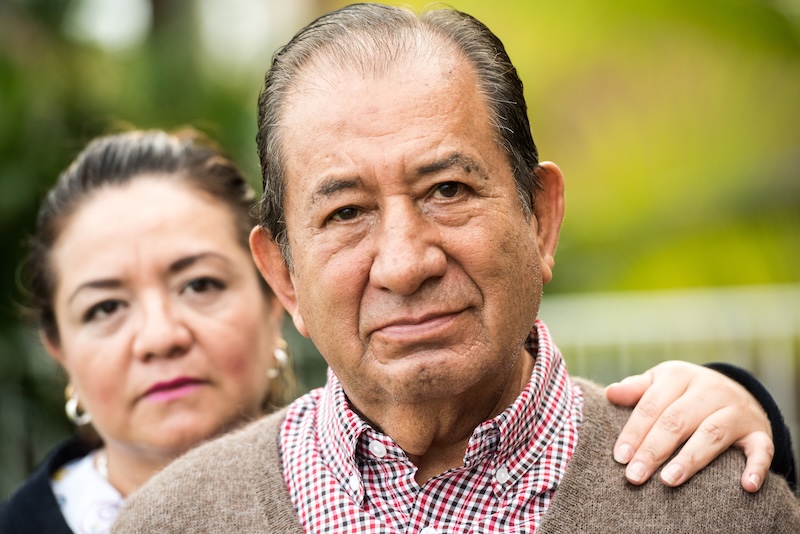Thank you very much, Mark, for your wonderful suggestions! Integrating calm moments into the day, along with activities, is one method that I feel may help the elderly who are anxious. Similarly, having favorite things and photographs around the house may make a person feel more at ease. You should also try gentle caressing, aromatherapy, calming music, reading, or going on a walk with your parents to help with the problem.
5 Ways to Calm Agitation in Alzheimer’s


Agitation in Alzheimer’s is common but can be eased with these tips.
Agitation in Alzheimer’s is one of the more difficult effects a senior may experience, and it can be incredibly hard for family members to manage. The key is in taking steps to handle agitation before it’s felt and expressed by the senior, which involves keeping track of what has brought about these feelings in the past, and creating a home environment in which those triggers are removed or minimized. These strategies can help:
- Designate an area of retreat. When life begins to get stressful, having a specially created area for a senior loved one to go to de-stress can work wonders in restoring calm. This could be a separate room, or merely a comfortable corner with several soothing activities easily available, quiet music, a calming scent to enjoy such as lavender or vanilla – whatever offers peace and relaxation for the senior.
- Assess the house for upsetting items. Take note of what your family member is sensitive to, for example, specific decorations, mirrors (which could give the illusion of someone else watching), window coverings that do not adequately block out the darkening evening sky (prompting sundowning issues), etc.
- Reduce noise along with other distractions. Soft carpeting is often more comforting for those with dementia than harder floor materials, which can reverberate or accentuate the noise of footsteps. Keep the television or radio at a reduced volume, and set to a station that plays soft music rather than alarming, graphic news programs. Close windows if outside noises appear to cause annoyance.
- Modify lighting. Be sure that each room a senior loved one may enter is effectively lit, with natural light whenever possible, or higher wattage lightbulbs, carefully adjusting to reduce any abnormal shapes or shadows caused by the light.
- Keep frequently used items readily accessible. Whatever the older adult tends to want to use or hold most often should always be put into a visible location where he or she can locate it conveniently. Adhering labels with words or pictures of what the senior may want to find in cabinets or even the refrigerator can also be a great way to help bypass frustration.
Let Hired Hands Homecare’s professional dementia caregivers help maintain the most calming and peaceful environment for a senior you love, and provide the skilled, innovative, compassionate care that makes life the best it can be. As the leading provider of home care assistance in Pleasanton and the surrounding areas, we can improve life for individuals with dementia through services such as:
-
- Specially created activities based upon a senior’s specific interests and abilities
- Companionship to help seniors stay socially engaged
- Evening respite care to allow family caregivers the opportunity for a restful night when an older adult is challenged by sundowning
- And a lot more
Call us at (866) 940-4343 to ask about an in-home consultation and to find out about our top-rated dementia care for older adults today!








Thank you very much, Mark, for your wonderful suggestions! Integrating calm moments into the day, along with activities, is one method that I feel may help the elderly who are anxious. Similarly, having favorite things and photographs around the house may make a person feel more at ease. You should also try gentle caressing, aromatherapy, calming music, reading, or going on a walk with your parents to help with the problem.